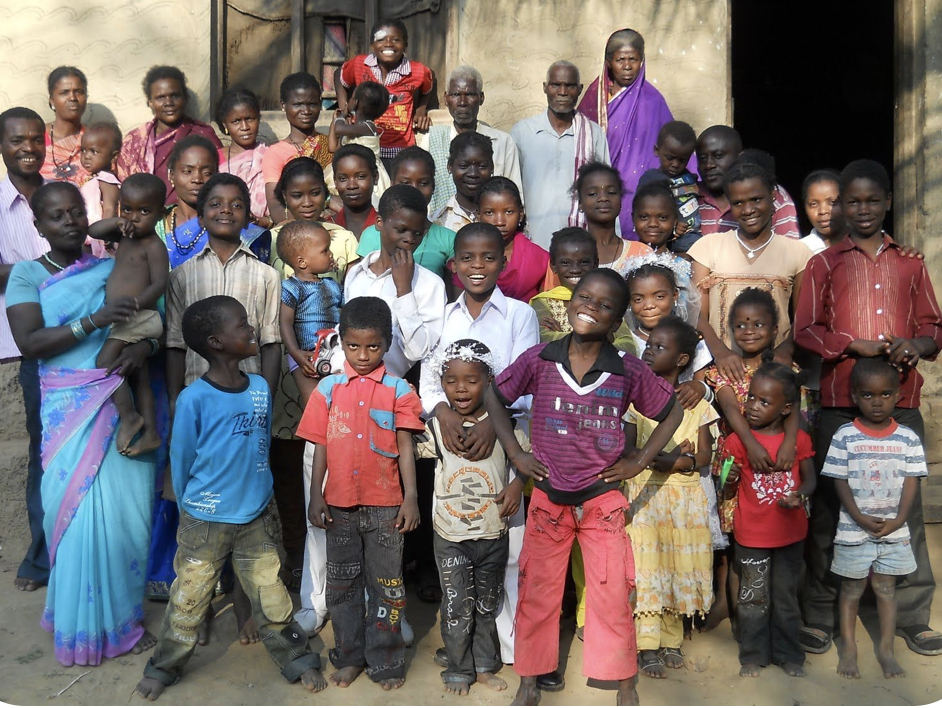
‘Sidi’

Who are Sidi?
Sidi is not a country but the BaSidi, VaSidi or The Sidi are African diaspora people in Asia, mainly in Makran and Karachi in Pakistan and Karnataka, Gujarat and Hyderabad in India. In historical texts, they are also referred to as Zanj or Zangs, which means country of the blacks. Some of them are at times called Habesha or Habshis, meaning Abyssinians or Ethiopians and Eritreans with Semitic languages. Other names used include Sheedi, Siddi, Siddhi and Habshi. Their population numbers about 850 000.
The word Sidi means respect.
How did they end up in Asia?
They ended up in Asia around the year 628 mainly because of forced movement due to slavery, forced labour and forced military work. Others came later as slaves of the Portuguese from Southern Africa about 400 years ago. They came from East and Southern Africa, mainly areas around present-day Ethiopia and Mozambique. Most were converted to Islam but there are also Hindus. While Asian languages are dominant in their communities, they also speak African languages like Swahili. In their stories of origin, they clearly talk about Africa.
What African lifestyles do they still have?
They still have African lifestyles, dances, customs and ceremonies. For example, the ngoma dance. Ngoma means drum in Swahili and many other African languages. Ngoma ceremony among the Sidi, just like in Africa is not only for entertainment but has religious and spiritual significance, when ngoma is beaten in a ceremony, the good and protective spirits of the family and community will manifest. Another example if the face paintings and face masks that BaSidi use in the same manner they are used in Africa among the Ibo, Chewa and other tribes. Another example is intermarriage, which in Africa is practiced by many tribes, including the BaLemba or VaRemba. When some VaSidi escaped slavery, they stayed in forests, and some returned to Africa. There are government programs to improve the social and economic situation of BaSidi, but most are poor living without adequate education, housing, food and income. Brought into India by Arab and later European slaverers, BaSidi are a lost African people, not well known on the African continent and like most of the African diaspora, they are exposed to poor social and economic opportunities.

African Nawabs (Rulers/Kings) Sultans and Elites in India
In some parts of India, the Africans became leaders, great warriors, and some founded kingdoms. The most prominent of these was the Ethiopian Malik Ambar (1548-1626). Another prominent person was Nawad Sidi Haidar Khan III (1909-1970) who was the last ruler of their Sachin State founded in 1791 but dissolved into the Indian Union in 1948.

Nawab Sidi Haidar Khan of the princely state of Sachin, Gujarat (Photo: https://www.lassiwithlavina.com)
Another one was the Janjira State which had a fortified capital and state residence shown below.





You must be logged in to post a comment.